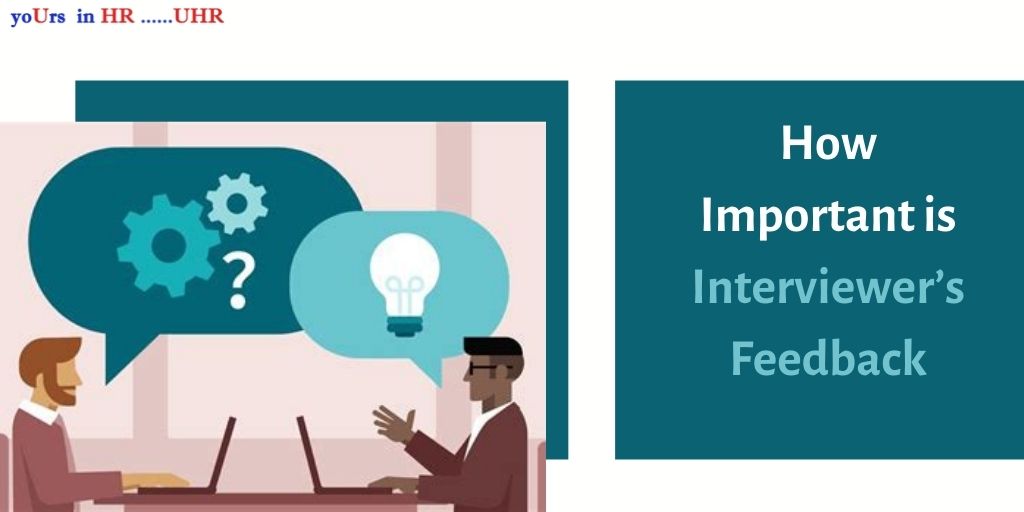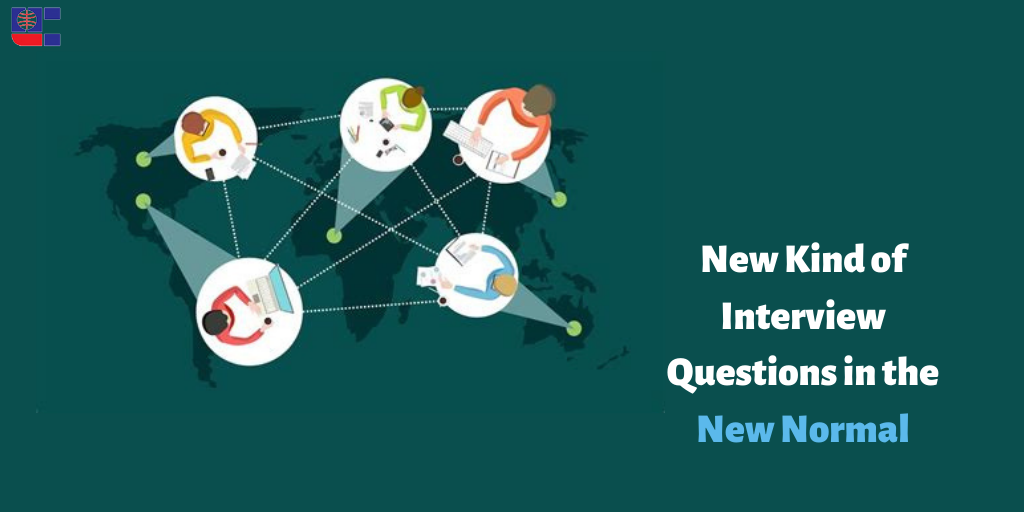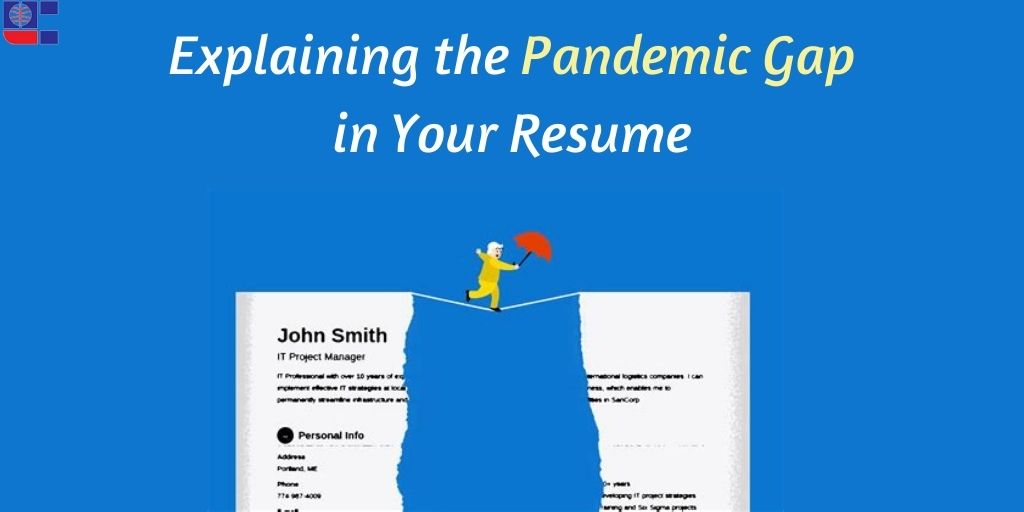
Interviews can often be learning experiences, and it is no wonder that many people choose to appear for interviews even when they know they might not get the job, or that they might not really take up any offer for a job. From a hesitant answer to a tricky question, to not bringing the necessary documents, to simply being a matter of conduct and luck, the interview in itself is a learning experience in many ways. The experience that appearing for an interview offers can be utilised to its fuller extent by asking for feedback from the interviewer.
So, let us jump straight into it- how to ask for feedback from the interviewer and why is it a good practice?
An article by Harvard Business Review gives us some insights.
What kind of questions one should ask, and what are they likely to help us learn about ourselves? Note that feedback can be asked at various rounds of the interview, say, the preliminary, first or the second round and so on. One can ask for feedback from the recruiter of a consultancy or from the hiring manager of the company, depending on the stage of the interview.
Questions such as follows to ask a recruiter after the earlier stages of screening process of the interview:
- “Based on our conversation, how do you think my experience matches with what’s needed for the job?”
- “Is there anything specific I should highlight in upcoming interviews based on the job description or the intangibles not listed?”
Such questions, as the article mentions, help the recruiter give a perspective of the hiring manager. Moreover, as the nature of the questions make it clear, they can help you with providing information that may not have come up in the earlier screening conversation.
Questions such as follows can be asked to the interviewer after the main interview:
- “How do you think my skills can be leveraged to bring value to your team and the company?”
Their answer to this can help you understand whether you have managed to convey everything clearly or is there something about your standard answers that you need to work on. A more directly framed question would be:
- “Is there any feedback, specific focus areas, or anything I can do to improve my interviewing technique?”
We may or may not always get the job. Questions such as follows can be asked in case it appears that the job isn’t yours:
- “Do you think, based on the feedback, I would be a culture fit for future opportunities? I wouldn’t want to waste my time or yours if it’s not a match.”
This crucially can help one understand whether there’s scope for a future opportunity. Plus, it also helps in choosing companies to apply to in the future, as the answers to such questions determine the kind of company culture one would be ideal for. If the recruiters are engaging well with your feedback questions, you can ask more questions to get more specific answers. Questions such as:
- “Are you seeking someone more hands-on, someone who can provide higher-level strategy, or both?”
- “What percentage would you say is hands-on and what percentage of the work is strategy development?”
Asking for feedback to recruiters, or to anyone in general entails a few pointers to keep in mind:
- Make sure they are willing and receptive to give you feedback and engage in such a conversation. Some recruiters might not be willing to engage for the fear of offending you, or simply due to a lack of time. But as the HBR article puts it, if you don’t ask, you won’t receive- you won’t know what you did right or where you went wrong. In any case, a thank you email post the process can go a long way, as we have talked about in one of our earlier articles.
- Do not take the feedback personally. Do not overanalyze or try to read between the lines- take them as you receive them. Internal politics, management issues, certain unknown, unforeseen circumstances which aren’t under your control can affect the feedback and the call up.
- Depending on what stage you are asking, use the feedback to your advantage as much as you can. Sometimes you might be in the middle of the interview and you may use the feedback to pivot and change your strategy. Sometimes, it might give you insights into how to approach your future interviews.
Speaking of approach, a final crucial thing to keep in mind as the article puts it: change your approach, not yourself. Changing your personality, or putting up an inauthentic view of who you are is something one should steer clear of. The feedback is to be used to hone your own answering and communication skills. It is to help you understand the kind of things you should focus on, where, when according to the context.
An example from the article cited throughout should make it clear how useful taking feedback from the interviewer is:
Miss S was certain she’d receive an offer after multiple interviews for a VP-level role, but she didn’t get the job. She was hesitant to ask for feedback since she thought it would be fruitless and the process had any anyway been so long. But when she did ask, she learned that she was ‘answering every question in way too much detail, and she was so focused on her team’s successes that the interviewers couldn’t grasp what work she had actually accomplished.’
The problem wasn’t her work, or her personality, it was just her approach and that’s all she needed to change!




